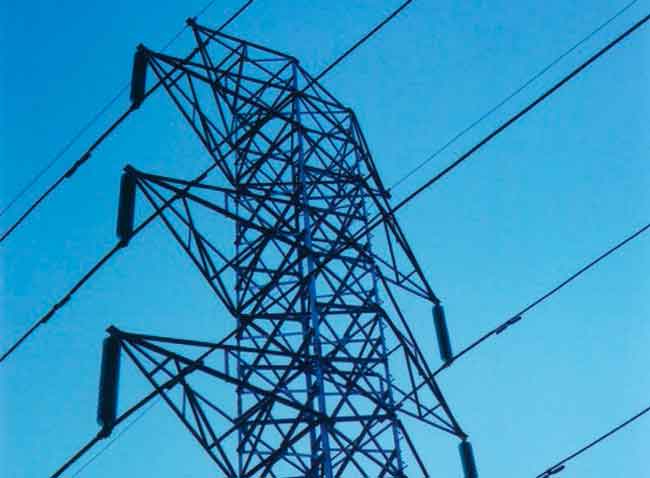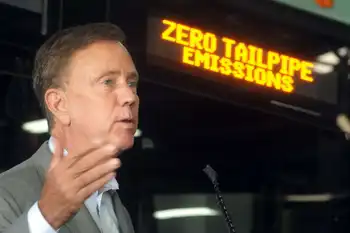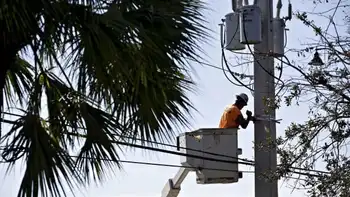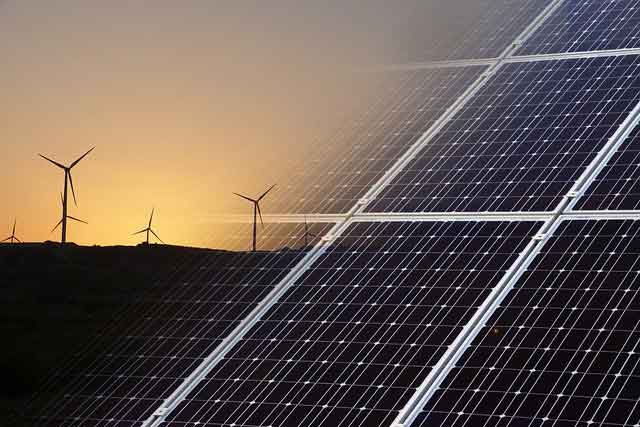Uganda takes measures to deal with power crisis
KAMPALA, UGANDA - Ugandan President Yoweri Museveni has said that the government would take measures to avert the current electricity crisis the country is facing.
In a recent statement to the nation, President Museveni said that in the short run, the government is importing two diesel generators, one for 100 megawatts (MW) and another for 50 MW.
He noted that though diesel electricity is expensive, the government is going to subsidize the electricity.
"I am told the World Bank has agreed to help in this subsidy, effective June 2006. The fuel for these generators will be tax free in addition to the subsidy," said Museveni.
He said the government is going to promote the use of solar energy for lighting, water heating and water pumping.
"Any body installing a solar power system for the above reasons will get a subsidy of 45 percent," Museveni said, adding that apart from the initial costs which are subsidized, Ugandan will never pay the electricity bill for 25 years other than occasional repairs and battery renewal.
The president said in the long run, the government is going to build power plants at Bujagali and Karuma falls simultaneously.
He said Bujagali will produce 250 MW and Karuma 200 MW.
The president vowed not to listen to environmental groups and foreigners who he blames for the power crisis the east African country is facing.
"If foreigners do not give us loans, we shall use our own money to generate the electricity. Without borrowing, we can build Bujagali type of power station at a cost of 350 million U.S. dollars. When you include interest, it comes to 500 million dollars," said the president.
Foreign intervention, environmental protests coupled with opposition groups in Uganda blocked the construction of a power plant at Bujagali. The power project was marred with allegations of corruption and environmental degradation.
"The group that paralyzed us was foreigners who are always meddling in our internal affairs as if we do not have brains to think for ourselves. They advocated for sequencing of hydropower projects instead of developing two power stations simultaneously. This mistake of sequencing eventually was pushed on to our people who accepted it," said Museveni.
Museveni said if the Bujagali power plant was in place, Uganda would not have faced the current electricity crisis.
Uganda needs about 340 MW, but the country's two major power stations, Kiira and Nalubaale, are generating 180 MW, supplemented by 50 MW of thermal electricity.
Related News

Ukraine fights to keep the lights on as Russia hammers power plants
KYIV - Ukraine is facing an ongoing battle to maintain its electrical grid in the wake of relentless Russian attacks targeting power plants and energy infrastructure. These attacks, which have intensified in the last year, are part of Russia's broader strategy to weaken Ukraine's ability to function amid the ongoing war. Power plants, substations, and energy lines have become prime targets, with Russian forces using missiles and drones to destroy critical infrastructure, leaving millions of Ukrainians without electricity and heating during harsh winters.
The Ukrainian government and energy companies are working tirelessly to repair the damage and prevent total blackouts,…




